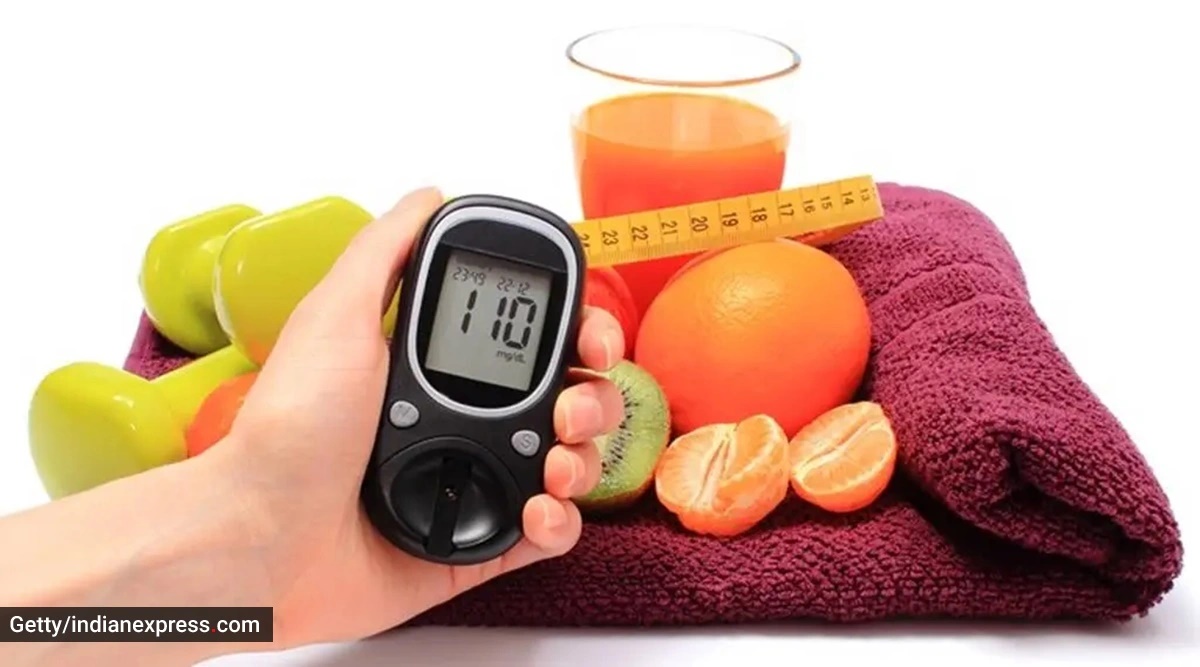In the past, diabetes has been regarded as a progressive, life-long condition with no possibility of a reversal. It is true that some forms of diabetes like Type 1 diabetes are not reversible. However, with respect to Type 2 diabetes, “reversal” or “remission” as it should be called, is possible in some cases.
What is “remission” of diabetes?
“Remission of diabetes” is a condition when a person’s glycosylated haemoglobin (HbA1c) value remains less than 6.5 per cent without any anti-diabetic drugs for at least three months.
What is the difference between “remission” and “reversal”?
The term “reversal” implies that the condition has been completely cured. However, in many cases, the diabetes may come back again in the future. Hence the term “remission” is preferred. It is analogous to a cancer going into a remission, sometimes even for years. Just like cancer, diabetes, too, can come back, and sometimes in a more severe form.
How does remission of diabetes occur?
There are several ways in which remission of diabetes can occur. The commonest is by weight loss and severe caloric restriction. The “DIRECT” trial carried out in the UK showed that among those who lost 15 kg or more in weight, 85 per cent could achieve remission. However, this was in a highly selected group of patients. With lesser degrees of weight loss, the percentage of people who achieve remission of diabetes would be much less. The obvious question is, “What happens if they regain weight? The answer is that the diabetes will come back. I call this as “Re-Reversal” of diabetes.
Very low-calorie diets of around 800 calories/day and very low carbohydrate diets are used to induce remission. If the calories are drastically reduced, weight loss and thus remission of diabetes can occur in some people. The big question is how long will people agree to be on such a low-calorie diet. Sustainability of the remission is, therefore, a big problem. A longer-lasting remission can be achieved by bariatric or metabolic surgery. However, these procedures are associated with some degree of morbidity and also have a small mortality rate. Moreover, they are expensive and, therefore, should be reserved with those with morbid obesity (eg. BMI >35kg/m2 or more). I have seen patients in whom the diabetes recurred despite the bariatric surgery. There are a number of newer anti-diabetic drugs belonging to the GLP1 receptor analogue and the SGLT2 inhibitor groups of drugs which promote weight loss. However, whether they can induce remission of diabetes needs further research.

Apart from the situations outlined above, remission of diabetes occurs in several other situations. Thus, stress-induced diabetes, drug-induced diabetes (for example steroids given as part of Covid-19 treatment) and gestational diabetes are known to revert to normal.
Which groups of Type 2 diabetics can achieve remission?
In my experience, people with Type 2 diabetes, who have short duration of diabetes (less than 10 years), better-preserved insulin reserve (as shown by good C-peptide levels) and are highly motivated are more likely to achieve remission. It is important to recognise that once complications of diabetes have set in, it is too late to attempt remission.
In our research studies, we have shown that those who present themselves with very severe diabetes at the time of diagnosis of Type 2 diabetes, eg. with HbA1c>10%, if given a short course of insulin for just one or two months, are often able to stop all medications and achieve remission of diabetes.
So, what should you do if you have Type 2 diabetes?
Discuss with your diabetologist whether you are a suitable candidate to achieve remission. You should reduce your weight, calories (particularly carbohydrates) and increase your exercises significantly. Adding yoga, pranayama and meditation may help. If you do achieve remission by weight loss, try to keep the weight down for as long as possible. I have several patients who have maintained the remission for years. They thereby achieve a “good metabolic legacy effect” and thus decrease their chances of developing complications of diabetes.
Remember, if achieving remission is not possible, it really doesn’t matter. I have treated hundreds of people with diabetes who have lived beyond 90, and some even beyond 100 years of age. If you follow the ABCD mantra, you can prevent complications of diabetes.
What is the ABCD mantra?
You should keep your A1c under seven per cent, blood pressure and cholesterol or LDL (bad cholesterol) levels normal. However, D, which stands for discipline is very important. This includes healthy eating, having adequate exercise, no smoking or tobacco or substance abuse and moderation in alcohol use. Above all, you should keep going for your check-up because even if the diabetes is under remission, you cannot wait to let it come back silently.
Many of my patients have told me that they are actually happy they had diabetes, as it motivated them to lead healthy lives in the first place! I feel that a time will come when people with diabetes, who are well-controlled, will outlive people without diabetes.









